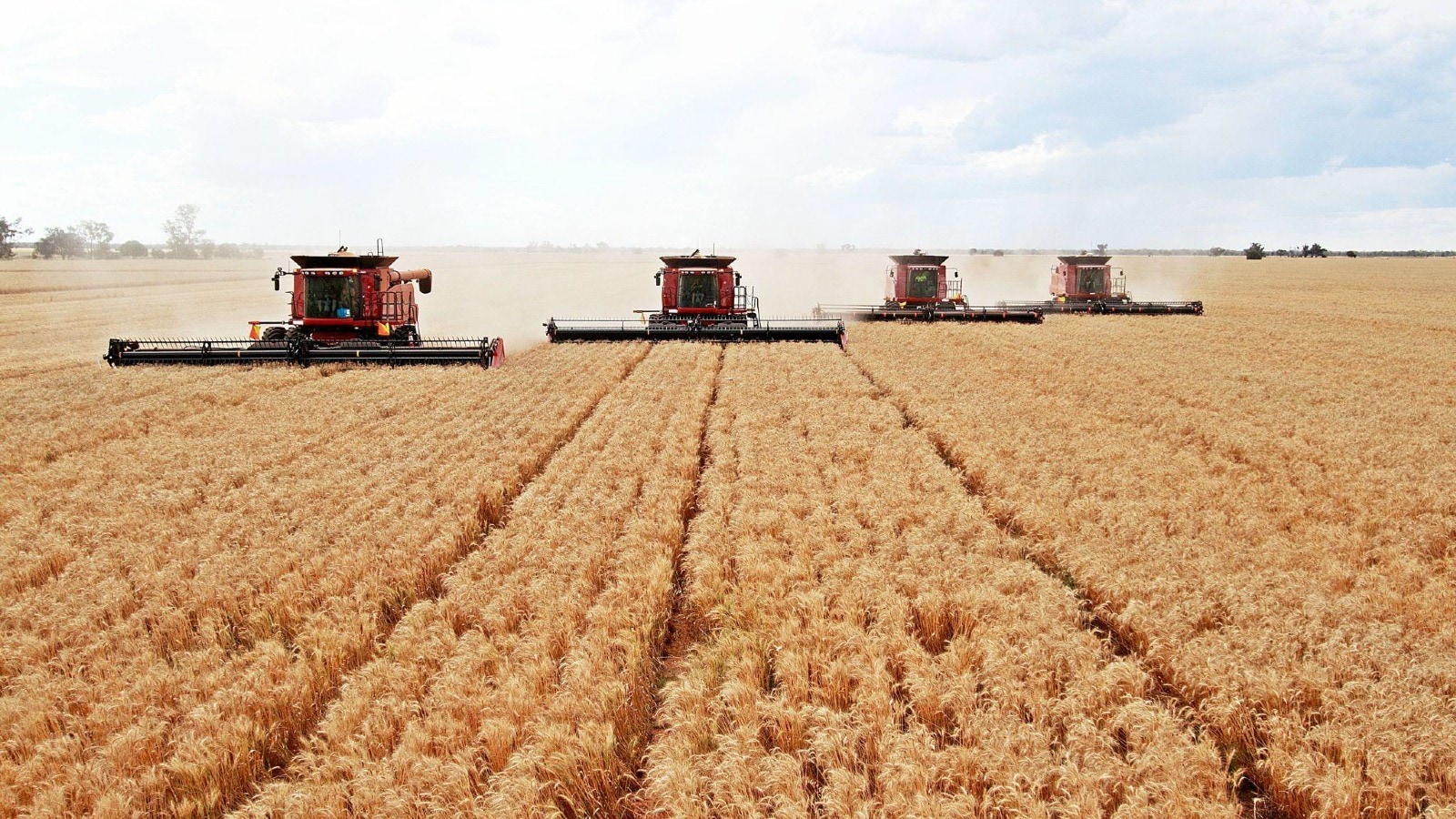A surging global population, demographic changes, shifting consumer preferences, climate change and sustainability concerns have exposed the vulnerability of the food industry. Tackling these challenges is essential for us to ensure a reliable and consistent food supply that meets the needs of the growing global population.
From a governance perspective, we have seen the introduction of new national, regional and international regulations, such as the Corporate Sustainability Responsibility Directive (CSRD), the EU Deforestation Regulations (EUDR) and COP28’s Declaration of Sustainable Agriculture, Resilient Food Systems and Climate Action. These regulations are supporting a transformative shift toward greater transparency and accountability across the entire food chain.
The implementation of these regulations is supported by different types of relevant technology. Firstly, data-driven solutions, as key enablers for sustainable and resilient Farm to Fork (F2F) systems. Secondly, solutions that drive a more efficient use of the scarce resources employed by the food industry. Lastly, technologies that reduce the amount of food waste or recover valuable products or energy from it.
Discover how technology can support the challenge to feed the world by downloading our whitepaper below.
Industry challenges
Agriculture challenges and high level solutions
Population and crop land per capita 1970-2020

Our food system is facing multiple challenges to feed the growing population.
The global population is expected to increase by 1.5 billion by 2050, requiring food production to grow by a staggering 50% compared to 2013 levels. However, there will be significantly less land per capita available for the necessary food production. Up to now, we have dramatically improved agricultural yields due to chemical fertilisers and overconsumption of energy and freshwater. In the coming years and decades, we cannot continue to grow land usage nor consumption of resources.
Furthermore, the threat of climate change is putting additional pressure on crop yields and other aspects of the food ecosystem, such as distribution networks. This shows the clear need for more sustainable solutions to improve agricultural yields and battle climate change. In addition to potential food shortages, we face the problem that one-third of all food produced globally is wasted.
Food waste in the EU by the main food supply chain steps (2022)

Changing regulations
The impact of CSRD and EUDR on your organisation
European regulators recognise the need to shift to more sustainable food growing and producing, therefore pushing new regulations to companies operating on the European market and driving a new operational framework to improve transparency and accountability.
The relevant regulations and frameworks pushed are the following:
COP28’s Declaration of Sustainable Agriculture, Resilient Food Systems and Climate Action
Corporate Sustainability Responsibility Directive (CSRD)
European Sustainability Reporting Standards (ESRS)
EU Deforestation Regulations (EUDR)
Farm to Fork (F2F) initiative
The reporting framework of the European Sustainability Reporting Standards (ESRS)


A case study: supporting Valrhona to create cocoa supply chain visibility
The collaboration between Valrhona, the chocolate maker, PwC France, and the start-up Tilkal aimed to set up a CSRD and EUDR compliant process. Valrhona is committed to achieve 100% traceability of its cocoa beans by 2025. Leveraging Tilkal’s Software as a Service (SaaS) traceability platform, which combines blockchain and big data technologies, Valrhona achieved the required real-time, end-to-end visibility of their cocoa supply chain. The initiative aimed to be compliant with new deforestation laws and ESG reporting, as well as ensuring proper financial traceability of payments to producers, contributing to improved livelihoods.
Leveraging technology
From crop production to consumption and waste management, AgFood Tech innovations offer solutions for the whole value chain, encompassing enterprises and initiatives that develop and leverage novel technologies to modernise the industry. Major food corporations are entering into different types of collaborations with innovative start-ups and scale-ups to accelerate the entry of sustainable solutions into the sector. Through the Scale accelerator program in 2023, PwC connected these different actors in the ecosystem.
AgFood Tech solutions across the value chain

"Through the Scale AgriFoodTech acceleration program, PwC helped us at Dossche Mills discover cutting-edge technologies poised to reshape the agricultural and food sectors. By participating in this program, we engaged with nine European B2B tech start-ups specialising in AgriFoodTech. This close interaction allowed our team to understand the start-ups' innovative approaches and challenges. Additionally, PwC organised soundboard sessions to discuss our open innovation strategy, challenges and goals, ensuring we stayed aligned with market trends and best practices. These sessions helped us adopt a start-up mindset within our R&D projects, fostering both innovation and sustainable practices."
Client case: Machine learning and analytical modeling to enhance procurement
Grocery retailer, Spain
A major Spanish grocery retailer, assisted by PwC Spain, included machine learning and analytical modelling technologies in their procurement processes. This enabled them to improve the accuracy of their demand forecasts, limit stock incidents and predict the product lines that were most likely to produce waste. Consequently, they achieved a reduction of their perishable food waste by more than 25%.
Looking to the future
Continuous investment in research and development is necessary to prepare for the future. All value chain participants from farm to fork need to embrace change in order to find new ways to sustainably feed the world in the upcoming years. The magnitude of the challenge makes the need for synergies, long-lasting partnerships and collaborations between startups, multinational corporations, governments, research institutes, professional firms and citizens a given, so that all actors can reap the benefits of innovative technology development.













